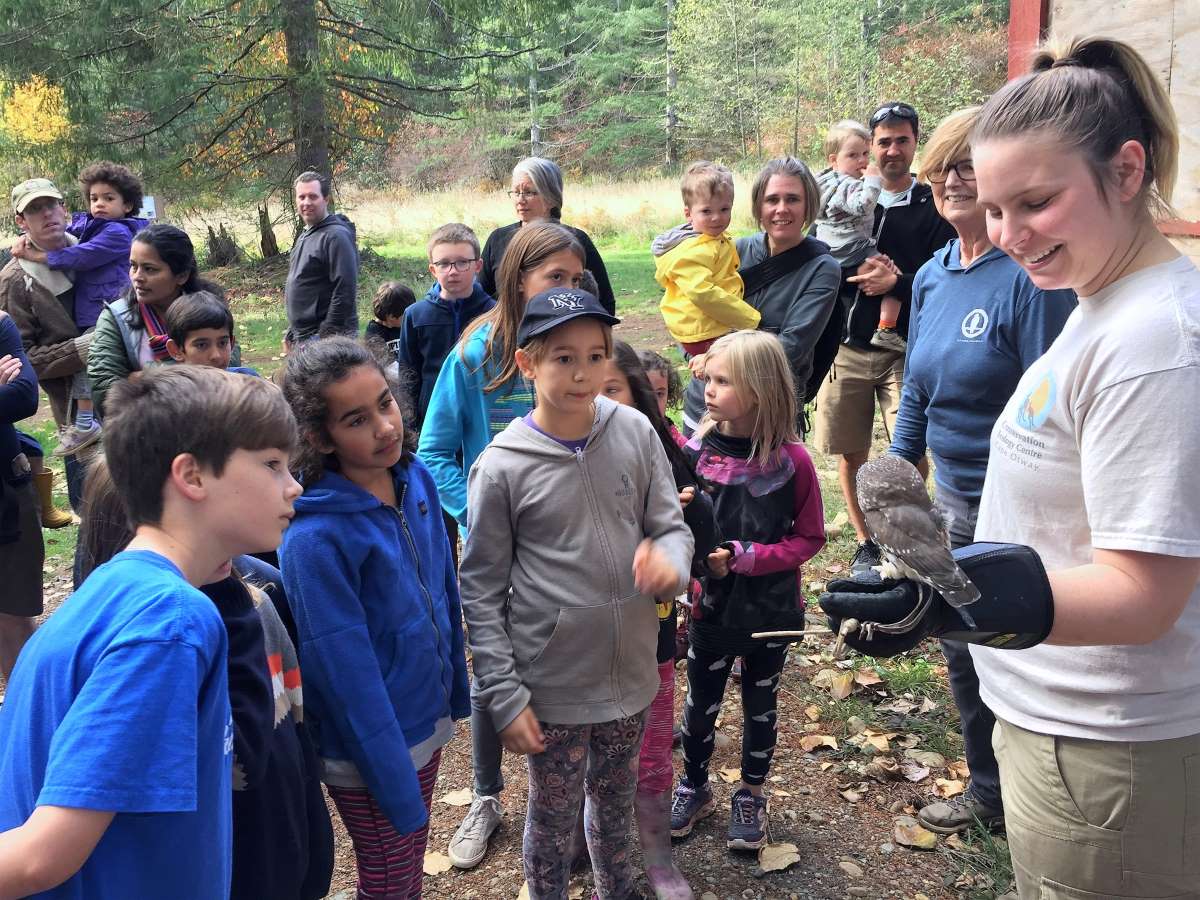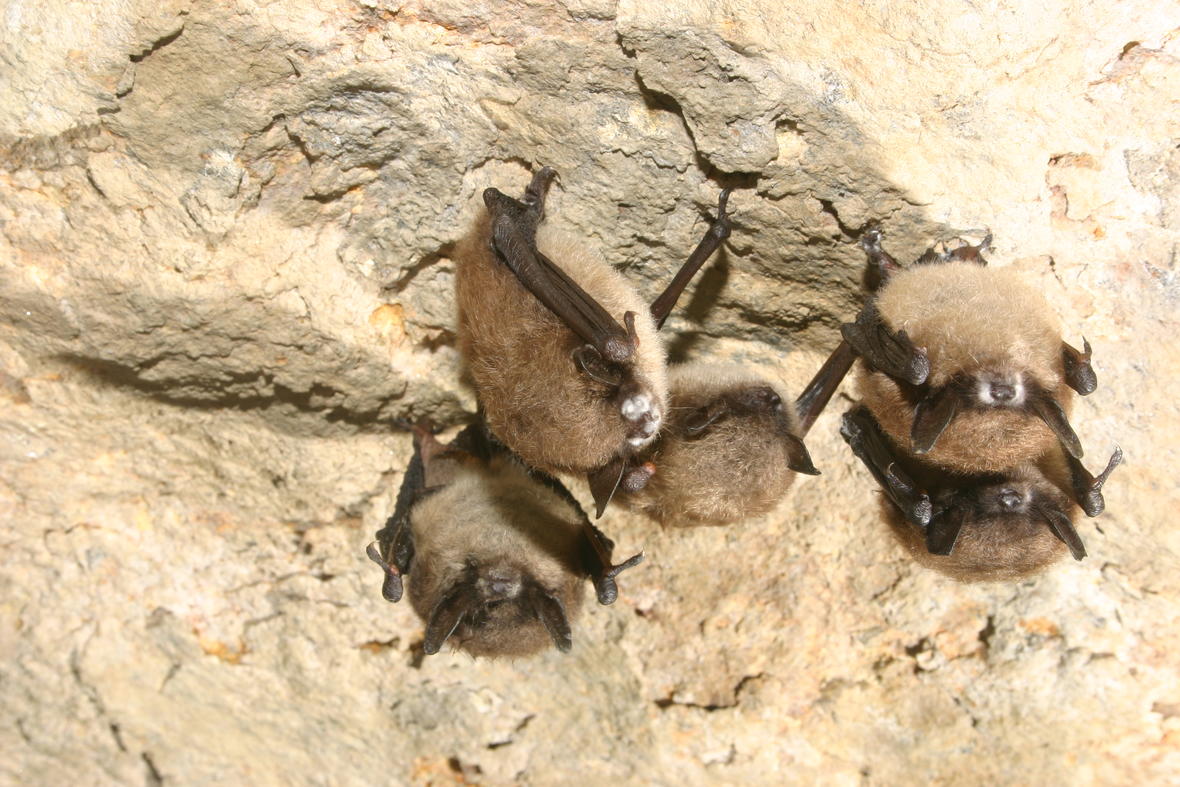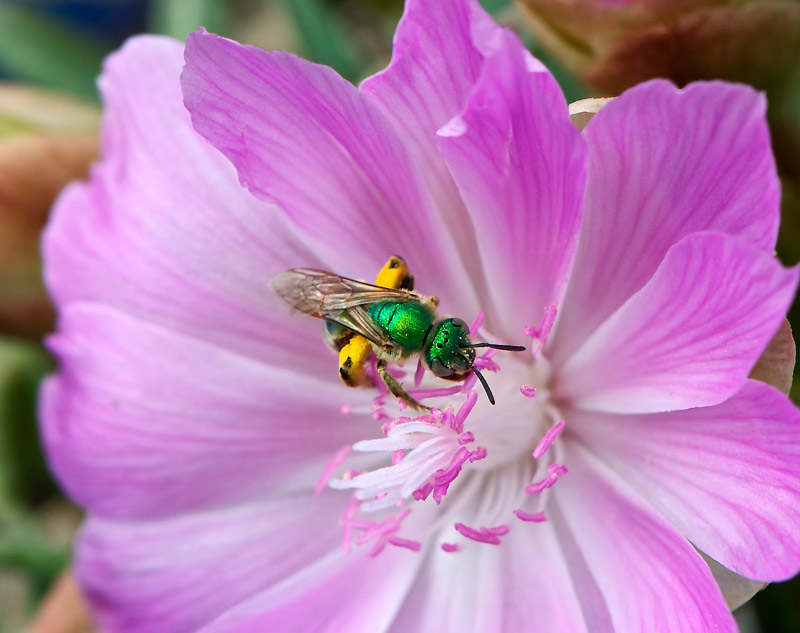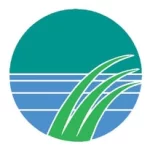More BC families will get outdoors to explore, learn and take action for nature, thanks to a $37,977 grant to NatureKids BC’s Nature Clubs program. The program’s network of more than 25 volunteer-led nature clubs encourages kids and their families to learn about BC’s wildlife, plants and wild spaces by connecting with the outdoors.
Sarah Lockman, Executive Director of NatureKids BC, says that strengthening the connection between people and the outdoors is more important than ever, as increasing numbers of British Columbians live in urban environments. Over the next year, more than 1,500 BC youth and their families will participate in over 2,500 outdoor adventures and projects through the Nature Clubs program. Activities include maintaining nest boxes, creating interpretive signage, bird counts and other citizen science projects.
The grant to support the Nature Clubs program was one of 170 provided by the Habitat Conservation Trust Foundation (HCTF) this year for BC conservation projects.
“HCTF has been a core funder of NatureKids BC for more than 10 years and we are privileged to have them as a partner,” said Lockman. “Relationships like these are critical to creating the next generation of nature lovers and environmental stewards and to ensuring that families are supported to get in touch with nature in their own backyards.”
HCTF Chair Dr. Winifred Kessler agrees. “Getting youth involved in conservation helps them build a lifelong connection to nature and feel that they can make a difference,” said Dr. Kessler. “We fund Nature Clubs and other environmental education projects because we know how important it is to create stewards – people who understand, value and help conserve biodiversity in BC.”
NatureKids BC also publishes NatureWILD, a quarterly magazine for families and elementary school students. This year they have also launched a Citizen Science project focused on bat education and advocacy. For more information, or to find a Nature Club near you, visit https://www.naturekidsbc.ca/
Photo:
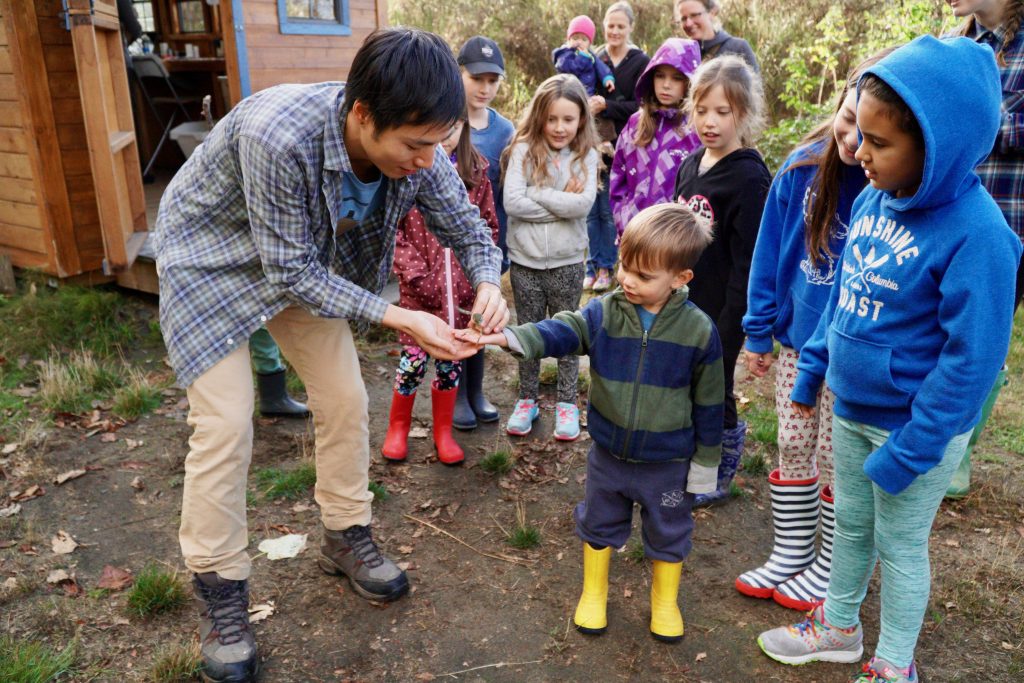
Bird banding. Photo credit: C. McQuillan
HCTF Contact:
Shannon West
Manager, Program Development
Shannon.west@hctf.ca
250 940-9789
NatureKids BC Contact:
Sarah Lockman
Executive Director, NatureKids BC
sarahlockman@naturekids.bc.ca
604 985-3059
Quick Facts:
- The Habitat Conservation Trust Foundation (HCTF) began as an initiative of BC anglers, hunters, trappers and guide outfitters.
- Since 1981, HCTF has provided over $180 million in grants for more than 2600 conservation projects across BC. This year, a total of $9 million has been awarded for projects in all regions of the province. You can find a complete list of HCTF-funded projects at https://hctf.ca/achievements/project-list/
- Since 2000, more than 20,000 BC children aged 5-12 have participated in NatureKids BC Explorer Days and enjoyed NatureWILD magazine and other programs


